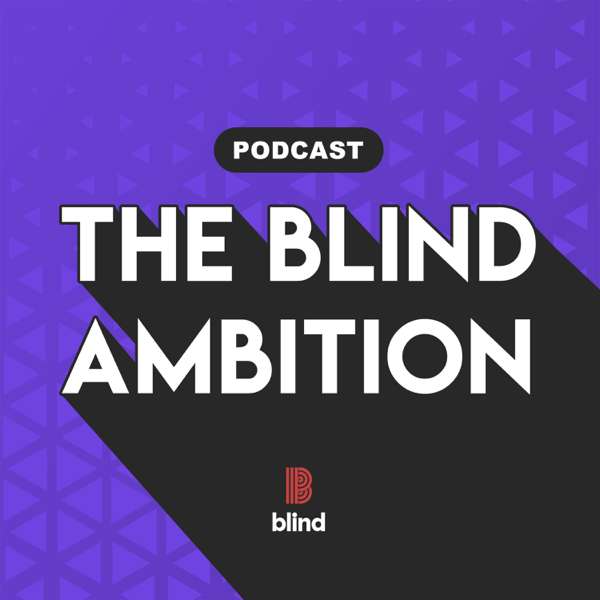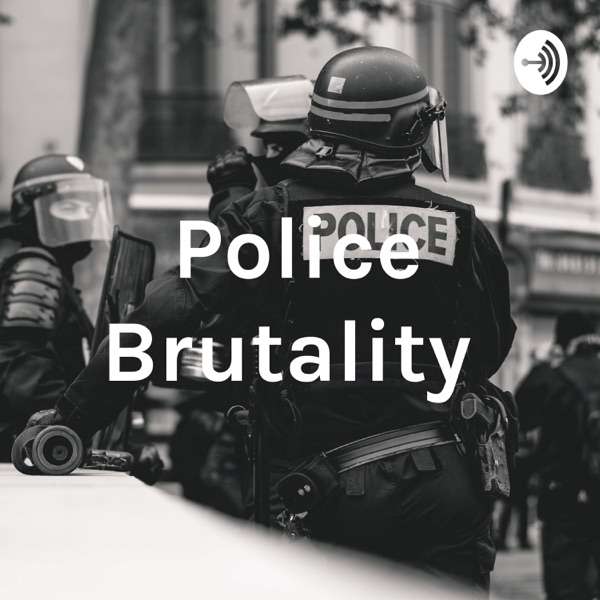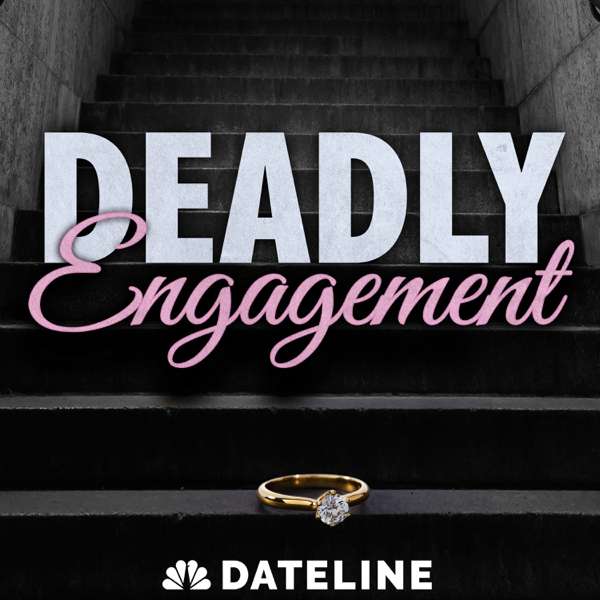E074 - Who Said One Man Can Not Make A Difference Against The Government?
Today I am going to tell you a happy story…or at least a story with a happy ending. The lesson in today’s episode is how we, as conservatives, work to make things better in America. I’ll tell you that today’s story is about economic growth and increased prosperity. Today’s story is about overcoming legal adversity in an American manner. Today’s story is about a beer brewer’s ambitions to set out to change the way the beer business is done in Idaho.
Recently I posted a request on my Facebook page for some happy stories I could use on my podcast. Several folks responded and today’s episode is one of those stories. It is from a friend of mine name Russell Mann. Russell started a beer brewery called Bombastic Brewing in Hayden, Idaho. Russell and I are friends from a local organization call the Innovation Collective and just recently Russell and his wife join the Coeur d’Alene Rotary Club where I am an active member.
First the Problem statement: a brewery can only sell beer that is made on their premises. In the beer business, as I learned from Russell, there are three tiers to the industry; you have the brewery, the distributor, and the retailer. The way it works is breweries sell to distributors and distributors sell to retailers. Note, that is really over simplified, but for today’s episode it is good as is.
What if a small brewery or a start-up brewery wants to expand business but not make the investment in equipment? Going back to the over simplified three tier system…that would mean the system would need to allow for a brewery to be able to sell to another brewery for the purpose of them selling to a distributor. In the beer industry in Idaho, one brewery selling to another brewery was not allowed—but it was also not expressly disallowed. And therein lies the beginning of our happy story for today!
Strict Alcohol Law in Idaho
Title 23 Alcoholic Beverages
Chapter 9 Retail Sale of Liquor By The Drink
Idaho has an interesting law when it come to the sale of alcohol; there can only be one bar for every 1,500 residents. According to the math by Thrillist, that means there are around 150 cities in Idaho that can only have a single bar in the town. For Twin Falls, with a population around 50,000, there can only be 33 bars. The law is different for convenience stores selling alcohol.
I am not going to bore you by reading the law, but there are a couple of parts in the exclusions section that I must share to help put some context to today’s episode.
Section 2 reads: Nothing herein contained shall prohibit the issuance of a license to the owner, operator or lessee of an actual bona fide golf course whether located within or without the limits of any city, or located on premises also operated as a winery or ski resort, or to the lessee of any premises situate thereon, whether located within or without the limits of any city.
I share that part of the code because new laws are usually created because someone read the previous law and skirted the law or took advantage of some loophole. The law goes on to define a golf course as:
a golf course shall comprise an actual bona fide golf course, which is regularly used for the playing of the game of golf, and having not less than nine (9) tees, fairways and greens laid out and used in the usual and regular manner of a golf course. Nine (9) hole courses must have a total yardage of at least one thousand (1,000) yards, and eighteen (18) hole courses must have a total yardage of at least two thousand (2,000) yards as measured by totaling the tee-to-green distance of all holes. The course must be planted in grass except that it may provide artificial tee mats.
We can read between the lines I figure that some enterprising entrepreneurs figured a way to setup a Golf Course / Bar & Grill and use miniature golf as the standard. So, Idaho updated the law. But wait…it gets better!
Idaho had to spell out what a Ski Resort was…again, the law reads:
a ski resort shall comprise real property of not less than ten (10) acres in size, exclusive of the terrain used for skiing…they go on to define the building types, and then…for the purpose of this section, a ski resort may also be defined as a downhill ski area, open to the public, comprising real property of not less than two hundred fifty (250) skiable acres, operating two (2) or more chairlifts with a vertical lift of one thousand (1,000) feet or more, and capable of transporting a minimum of one thousand eight hundred (1,800) skiers per hour.
The law goes on like that for a few more pages highlight definitions of the businesses who are excluded from this law…I can only imagine the license inspector who visited the mini golf course, Bar & grill…But officer, the law said excluded Golf Courses!
OK, Back to my friend Russell as the story gets a little deeper, you see at the time of forming his business, Russell read through the Idaho laws covering brewing beer and it did not clarify if contract brewing was allowed, but as I noted earlier, it didn’t forbid it either. Taking a leap of faith (and being an enterprising entrepreneur), Russell started his business with hopes that the law would catch up to the idea.
I feel the need to explain a little about the brewery business from an economic standpoint.
A brewery that ships 100,000 barrels of beer employ 140 people to make said beer. Six brewers that ship 15,000 barrels of beer employ a total of 250 people. Put another way, small breweries employe 60% more people than the big breweries. These numbers come from the Beer Economist called Watson as reported by Craft Brewing Business. Yes, Watson is a real person and yes he really is an economist for the beer industry.
So the question went back to Watson to verify the following statement, “Craft breweries provide a greater economic impact by staying small and local versus scaling up and pursuing large volume growth because a greater number of small, successful breweries creates more jobs.”
Here is what Watson replied:
I’d actually disagree with the “greater economic impact” — the impact of craft brewers isn’t that different than the impact of large brewers in terms of the retail dollar value to total impact
What craft breweries do is create a different type of economic impact that is more locally focused and more generally dispersed. Large breweries create huge impacts, but those impacts are very concentrated in particular places, and lots of the impact “leaks” outside of where production occurs since profits, re-investments, etc., are often re-directed elsewhere. Craft brewers are going to have an impact that tends to stay more local, and because there are 7,000+, that impact is much more finely distributed all around the country.
In addition, craft breweries are much more labor intensive, so you’re getting a lot more total jobs for the same impact.
OK, Why is all this important, I mean Ed why are we talking so much about beer?
Going back to our golf course, bar, and grill example from earlier, Russell ran headlong into the Idaho law that just said no. They didn’t really give much of a reason why they wouldn’t issue a license. Russell tried really hard to get an explanation of how contract brewing was a violation of Idaho law…but he wasn’t really getting anywhere.

 Our TOPPODCAST Picks
Our TOPPODCAST Picks  Stay Connected
Stay Connected







